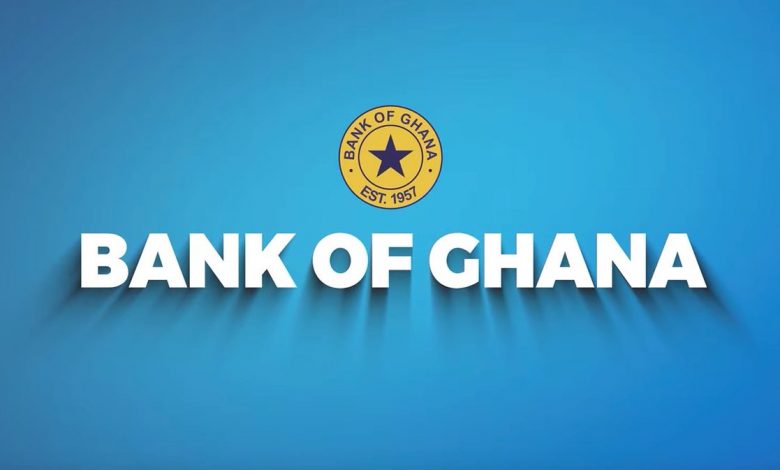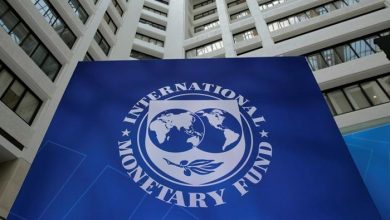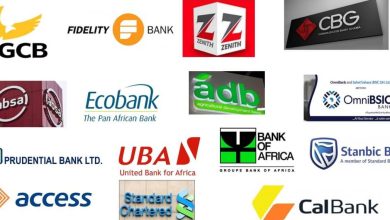Banking sector profit drops by almost 20% – BoG

Profitability levels in the banking sector have declined, according to the Bank of Ghana.
The central bank attributed this to the mark-to-market losses on investments, higher impairments on loans, and rising operating costs.
“Profit-after-tax was GH¢3.9 billion at end of December 2022, representing 18.9 percent contraction year-on-year, compared to 12.3 percent annual growth recorded in 2021,” the Bank of Ghana indicated in a statement.
It further noted that net interest income grew by 23.0 percent to GH¢15.8 billion, higher than the growth of 14.5 percent in 2021.
“Net fees and commissions went up by 27.4 percent to GH¢3.7 billion, from the growth of 24.8 percent recorded in 2021. Operating income also increased by 30.9 percent, compared with 14.6 percent recorded a year earlier.”
The Central Bank also said the strong outturn in operating income was however moderated by increased operating expenses and provisioning during the year
“Operating expenses rose by 32.2 percent in December 2022, compared with 14.2 percent growth in 2021. Provisions also increased sharply by 184.0 percent in December 2022 relative to a contraction of 4.7 percent a year earlier, due to the strong uptick in credit growth, elevated credit risks, and impairments on investments.”
“As a result, profit before tax declined by 13.5 percent to GH¢6.4 billion in December 2022, compared with an annual growth of 22.1 percent a year earlier. New loans and advances in 2022 increased to GH¢53.7 billion, reflecting an annual growth of 47.5 percent, compared with the growth of 6.8 percent in 2021,” it added.
The central bank in its statement also said the sector’s profitability indicators, namely, the return on equity and the return-on-assets also declined during the period, in line with declining profit after-tax and profit-before-tax, respectively.
It said the non-performing loans (NPL) ratio however improved to 14.8 percent in December 2022 compared with 15.2 percent in December 2021, on account of high credit growth, relative to the increased stock of NPLs between the two periods.
It also said trends in Financial Soundness Indicators were mixed, reflecting heightened risks
faced by the industry.
The apex bank added that the “industry’s Capital Adequacy Ratio (CAR) declined to 16.6 percent, but remained above the prudential minimum of 13 percent, as at December 2022, from 19.6 percent in December 2021, attributed to losses on mark-to-market investments, increase in risk-weighted assets of banks from the high growth in actual credit, and the price effect of the depreciation of the Ghana Cedi on foreign currency denominated loans.”
Source: citinewsroom









